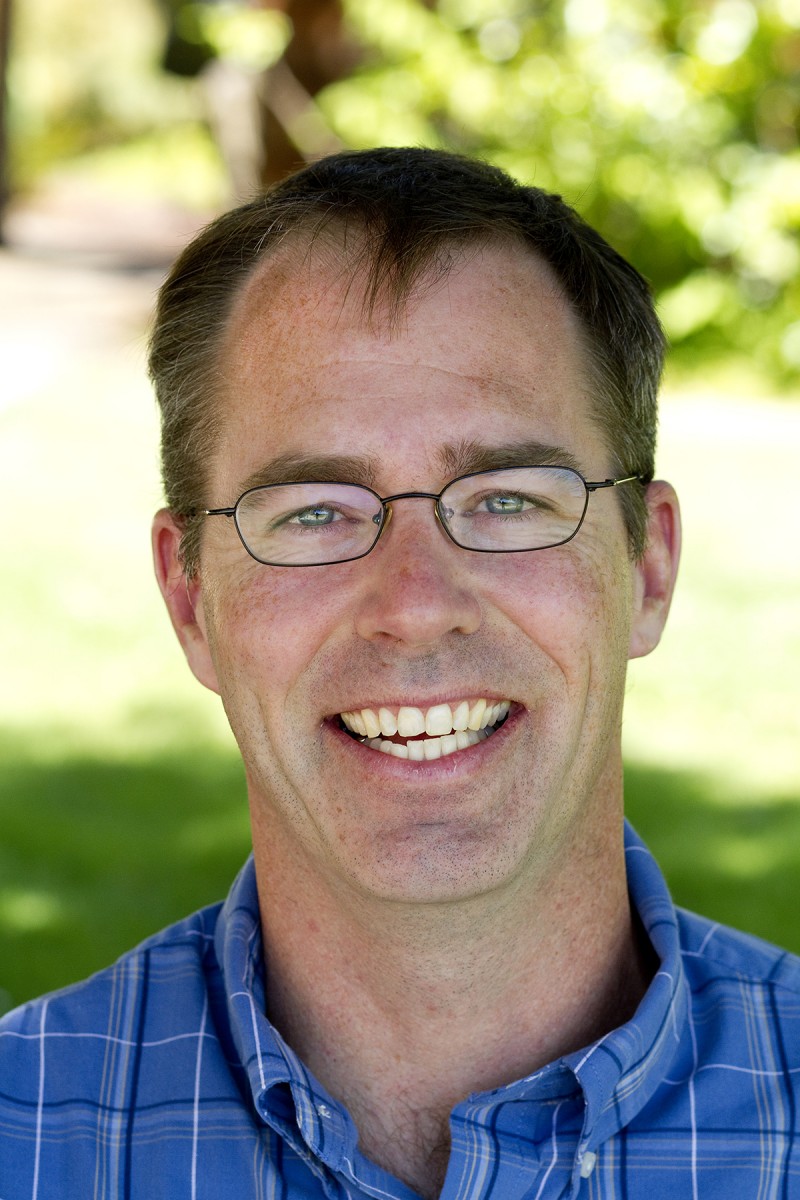Deep ice cores, time, and the re-envisioning of the global environment
Deep ice cores, time, and the re-envisioning of the global environment
PAPER ABSTRACT:
Ice cores extracted from around the planet have become the gold standard of climatic data, providing meteorological information extending back 800,000 years in the case of Antarctica’s Dome C core. But more than just scientific data to understand the Earth’s distant past, ice cores have ultimately ended up helping construct a unified global environment through their representation of global climate change. Ice cores have also transformed our temporal understanding of the world and even of human history, exploding chronologies as the cores force us to engage not just with decadal, century, or even millennial scales but rather on time scales that transcend glacial cycles and push back nearly a million years. The drilling, analyzing, discussing, and using of ice cores for both science and broader climate or environmental policies, have thus played a key role, we argue, in re-constituting the temporalities of human history and the Earth, including not only the polar regions and the cryosphere but also the global environment and world histories in general.
Speaker Bio:
Mark Carey is Associate Professor of History and Associate Dean at the Robert D. Clark Honors College at the University of Oregon. His work links environmental history and the history of science through studies of climate change, glacier-society interactions, water resource management, natural disasters, mountaineering, and public health—particularly in the Peruvian Andes. His books include The High-Mountain Cryosphere: Environmental Changes and Human Risks, edited with Christian Huggel, John Clague, and Andreas Kääb (Cambridge, 2015); Glaciares, cambio climático y desastres naturales: Ciencia y sociedad en el Perú (Instituto Francés de Estudios Andinos/Instituto de Estudios Peruanos, 2014); and In the Shadow of Melting Glaciers: Climate Change and Andean Society (Oxford, 2010), which won the Elinor Melville Award for the best book on Latin American environmental history from the Conference on Latin American History. His current work on the history of glaciology is funded by a National Science Foundation CAREER grant. He is a co-founder and co-director of the Transdisciplinary Andean Research Network (TARN), and he runs the Glacier Lab for the Study of Ice and Society at the University of Oregon.
